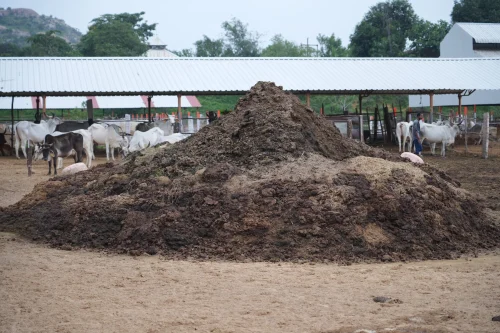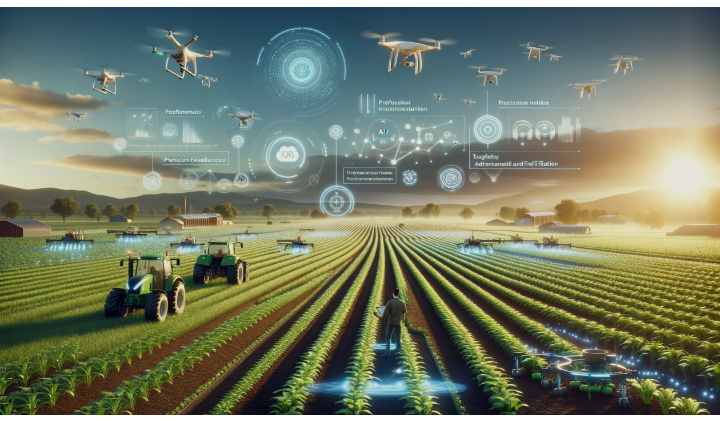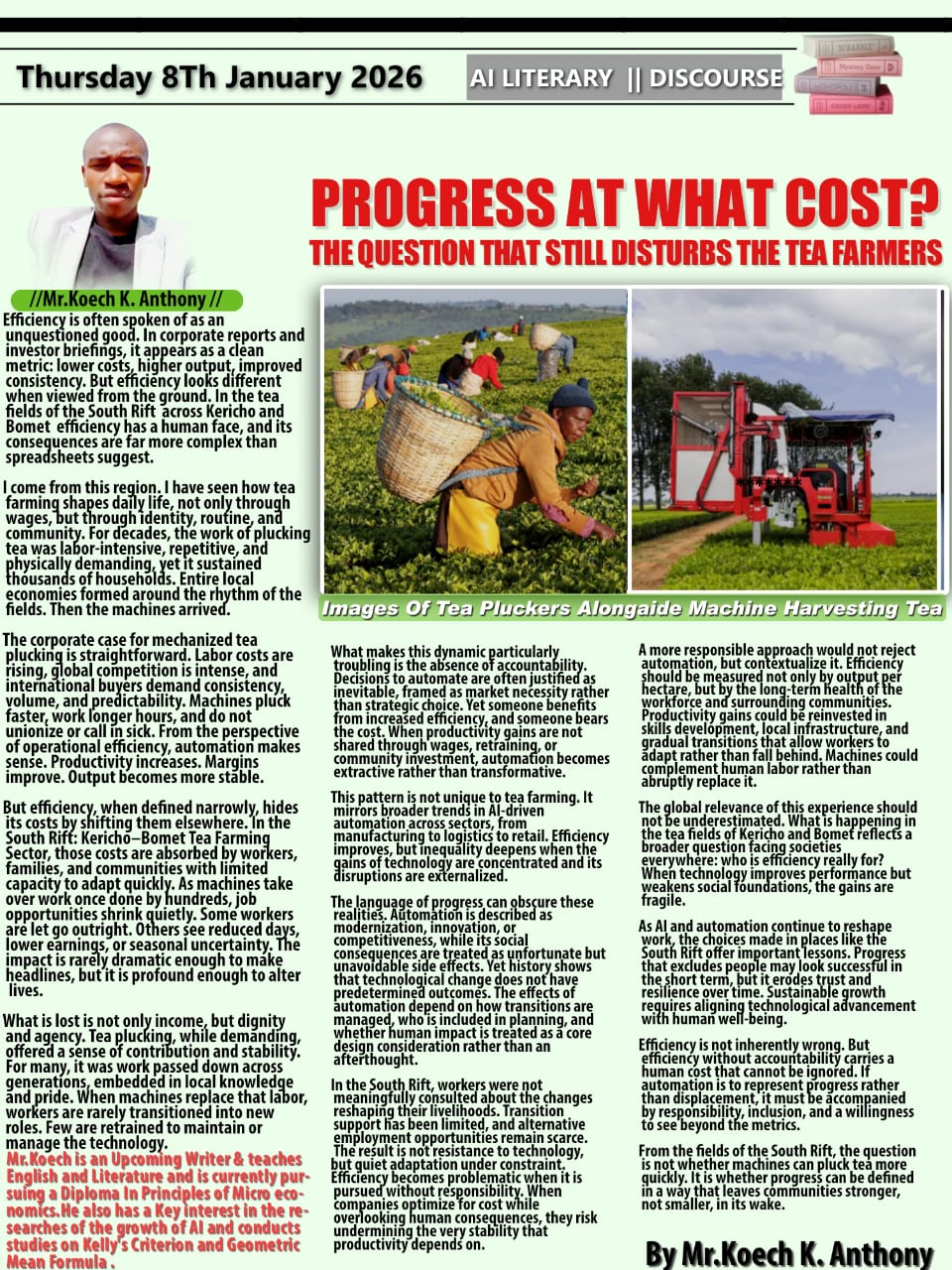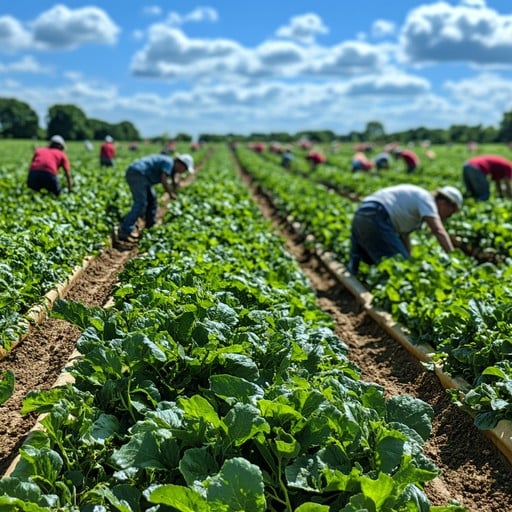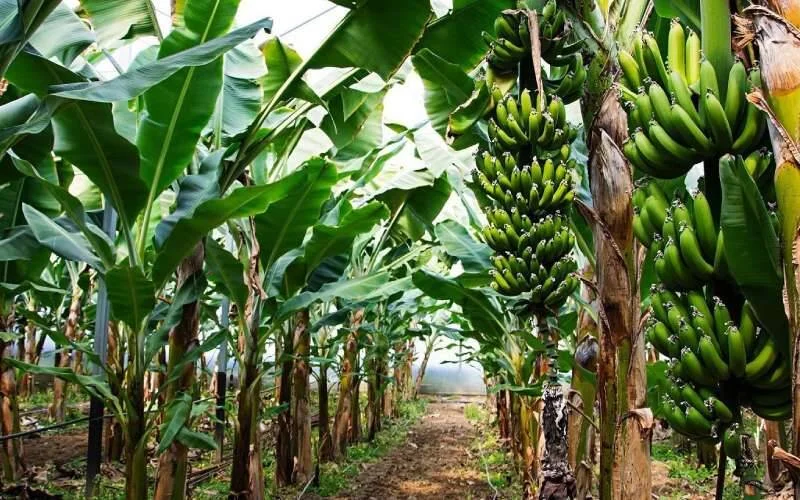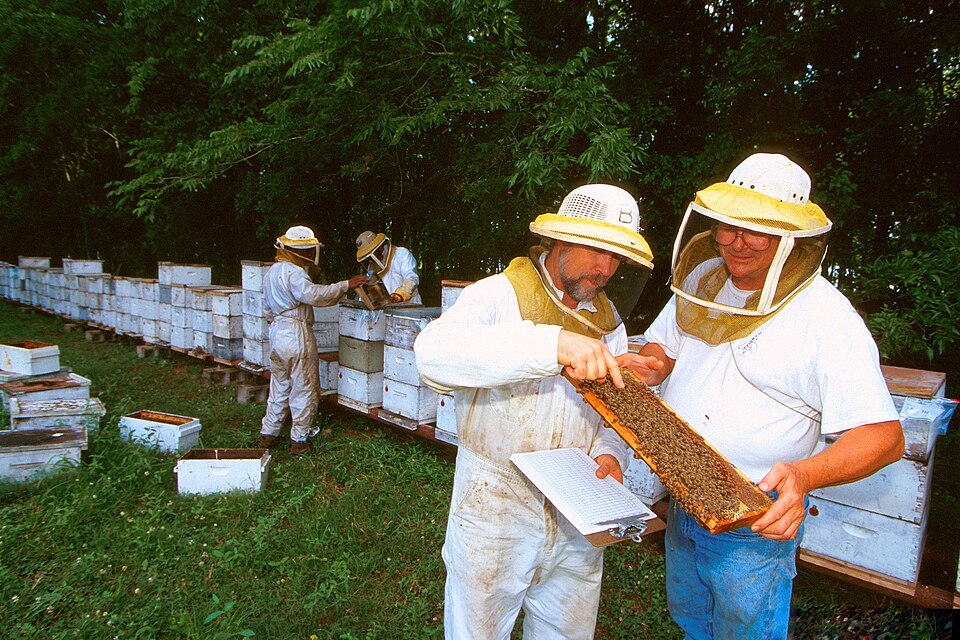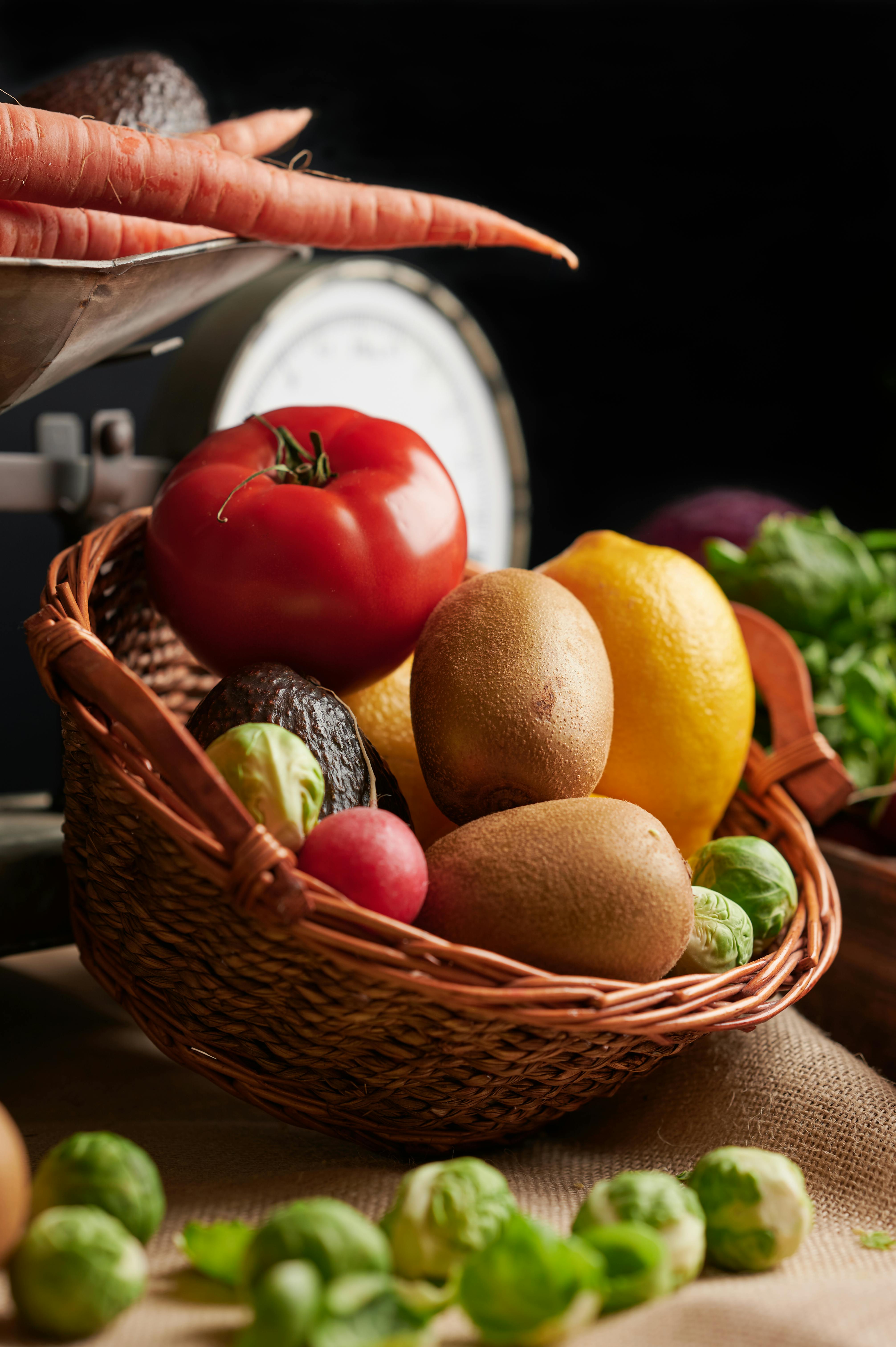In the heart of Kenya’s bustling food markets, a quiet revolution is taking shape. Consumers are demanding fresh, chemical-free food, and farmers are stepping up to meet this growing need. Organic farming, once considered a niche practice, is now becoming a profitable business and a path to healthier living.
🚜 Why Organic? The Growing Demand
Kenya’s middle class is expanding, and with it, the demand for healthier eating. From Nairobi’s Kilimani to Kisumu’s leafy suburbs, young families are choosing organic vegetables, fruits, and dairy for one simple reason: health is wealth. Shoppers are willing to pay extra for produce grown without synthetic fertilizers or pesticides, creating a booming market for organic farmers.
👩🏾🌾 The Rise of Organic Farmers
Across the country, a new generation of farmers, many of them youth and women, are turning away from chemical-intensive agriculture and embracing natural methods. They use compost, bio-pesticides, crop rotation, and integrated pest management. The results? Healthier soils, resilient crops, and produce that fetches premium prices.
Take the example of Mercy Njeri in Kiambu, who started with a half-acre of organic vegetables. Today, she supplies organic kale, spinach, and herbs to restaurants in Nairobi. Her income has tripled in just two years.
📲 Digital Platforms: Bridging Farmers and Consumers
Technology is fueling this shift. Platforms like Twiga Foods, Greenspoon, and organic farm Instagram pages are creating direct links between producers and consumers. A farmer in Eldoret can now sell their organic carrots to a Nairobi household without going through multiple middlemen. This farm-to-fork model cuts costs, builds trust, and keeps profits in the farmer’s pocket.
💰 Profits in Going Green
Organic produce often sells for 30–50% higher prices than conventional alternatives. With demand outstripping supply, the sector is proving that farming without chemicals isn’t just good for the body and the planet, it’s also good for business.
⚠️ The Challenges Ahead
Despite its promise, organic farming faces hurdles. Certification is costly, consumer awareness is still low in rural areas, and farmers need more training. But with NGOs, government support, and private sector investment, these challenges are slowly being tackled.
🌍 The Future Is Organic
As Kenya pushes towards food security and healthier diets, organic farming is set to play a big role. It’s not just about crops; it’s about lifestyles, sustainability, and economic empowerment.
For farmers, the message is clear: organic isn’t just a trend, it’s the future.
🚜 Why Organic? The Growing Demand
Kenya’s middle class is expanding, and with it, the demand for healthier eating. From Nairobi’s Kilimani to Kisumu’s leafy suburbs, young families are choosing organic vegetables, fruits, and dairy for one simple reason: health is wealth. Shoppers are willing to pay extra for produce grown without synthetic fertilizers or pesticides, creating a booming market for organic farmers.
👩🏾🌾 The Rise of Organic Farmers
Across the country, a new generation of farmers, many of them youth and women, are turning away from chemical-intensive agriculture and embracing natural methods. They use compost, bio-pesticides, crop rotation, and integrated pest management. The results? Healthier soils, resilient crops, and produce that fetches premium prices.
Take the example of Mercy Njeri in Kiambu, who started with a half-acre of organic vegetables. Today, she supplies organic kale, spinach, and herbs to restaurants in Nairobi. Her income has tripled in just two years.
📲 Digital Platforms: Bridging Farmers and Consumers
Technology is fueling this shift. Platforms like Twiga Foods, Greenspoon, and organic farm Instagram pages are creating direct links between producers and consumers. A farmer in Eldoret can now sell their organic carrots to a Nairobi household without going through multiple middlemen. This farm-to-fork model cuts costs, builds trust, and keeps profits in the farmer’s pocket.
💰 Profits in Going Green
Organic produce often sells for 30–50% higher prices than conventional alternatives. With demand outstripping supply, the sector is proving that farming without chemicals isn’t just good for the body and the planet, it’s also good for business.
⚠️ The Challenges Ahead
Despite its promise, organic farming faces hurdles. Certification is costly, consumer awareness is still low in rural areas, and farmers need more training. But with NGOs, government support, and private sector investment, these challenges are slowly being tackled.
🌍 The Future Is Organic
As Kenya pushes towards food security and healthier diets, organic farming is set to play a big role. It’s not just about crops; it’s about lifestyles, sustainability, and economic empowerment.
For farmers, the message is clear: organic isn’t just a trend, it’s the future.
